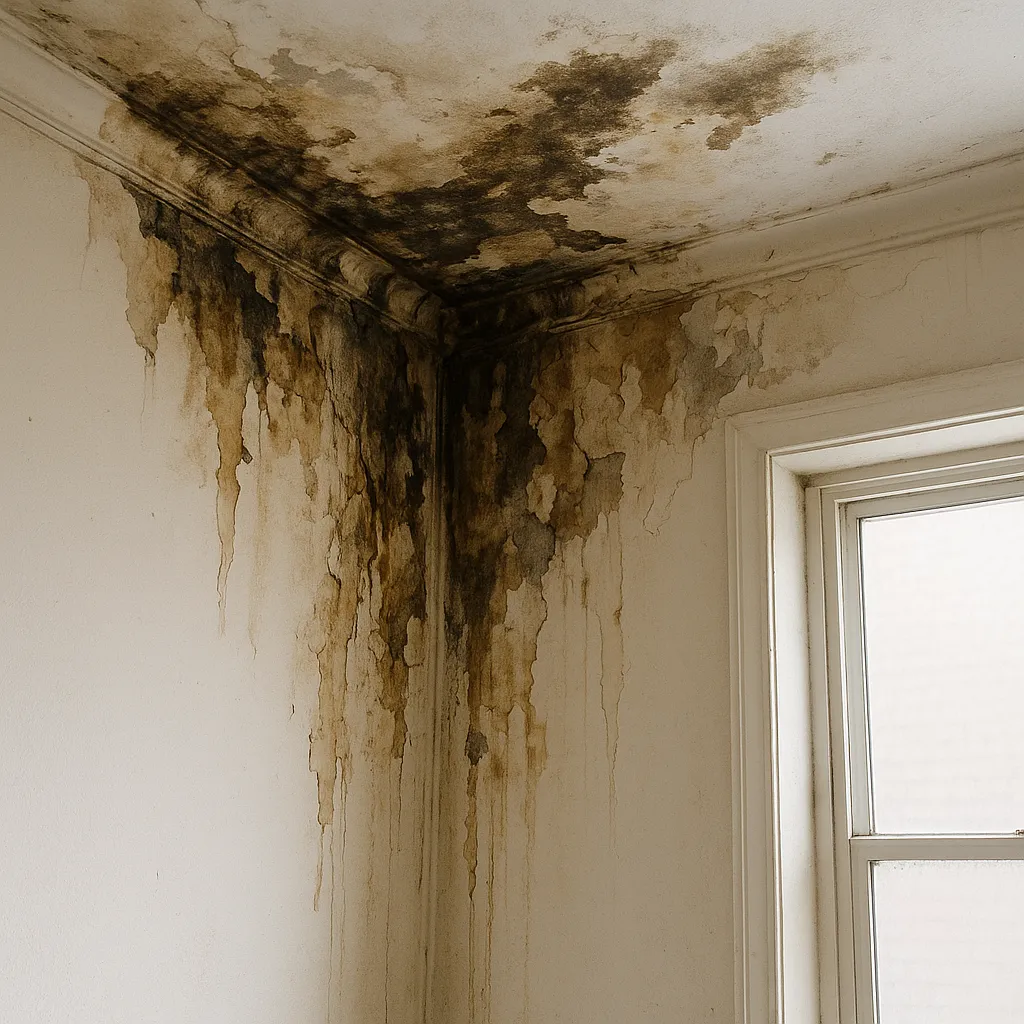Restoration Blog
Restore

"Homeowners Insurance & Water Damage | Restoration 1 of St. Louis"
Does Homeowners Insurance Cover Water Damage?
Water damage is one of the most common and costly problems homeowners face. From leaking roofs to burst pipes and flooded basements, the damage can be both emotionally and financially draining. But whether your homeowners insurance policy will cover the repairs depends largely on what caused the water damage in the first place.
In general, most standard homeowners insurance policies cover sudden and accidental water damage. This typically includes incidents such as:
A burst pipe that floods your kitchen or bathroom
Water damage caused by an appliance failure, like a washing machine hose that suddenly breaks
A roof leak caused by a powerful storm that leads to interior water damage
Accidental overflows from plumbing systems
These types of events are considered unpredictable and unavoidable, making them eligible for coverage under most policies. If you're dealing with this kind of situation, it’s crucial to act quickly—shutting off the water source, contacting a restoration professional, and notifying your insurance provider.
However, not all water damage is covered. Damage resulting from neglect, poor maintenance, or long-term leaks is typically excluded from standard coverage. For example:
A slow leak from a pipe that has been dripping for weeks or months
Water damage due to an aging roof that hasn't been properly maintained
Mold and mildew that result from unresolved moisture problems
Additionally, flood damage—such as that caused by overflowing rivers, heavy rain, or groundwater seeping into your home—is not covered under a standard homeowners policy. For that, you would need a separate flood insurance policy, which is often available through the National Flood Insurance Program (NFIP) or private insurers.
Other common exclusions include:
Sewer backups: Unless you’ve added a sewer backup endorsement, damage from a backed-up drain or sump pump failure may not be covered.
Groundwater infiltration: Water that seeps in through foundations or basement walls due to poor drainage usually falls outside of policy protections.
For St. Louis Homeowners: Know Your Coverage
If you live in the St. Louis area, understanding your homeowners insurance policy is especially important due to the region’s mix of seasonal storms, freezing temperatures, and potential for flooding. Review your policy carefully and consider supplemental coverage if your home is at higher risk. Preventive maintenance and timely repairs can also go a long way toward minimizing the risk of denial when filing a claim.
And when disaster does strike, speed matters. The longer water sits, the more extensive and expensive the damage becomes. Acting fast not only helps limit the damage—it also strengthens your case with your insurance company.
Need Expert Help?
If you’re facing water damage in your St. Louis home, don’t wait. Get professional help to clean up, restore, and guide you through the insurance claims process.
Contact Restoration 1 of St. Louis today:
https://restoration1stlouis.com
